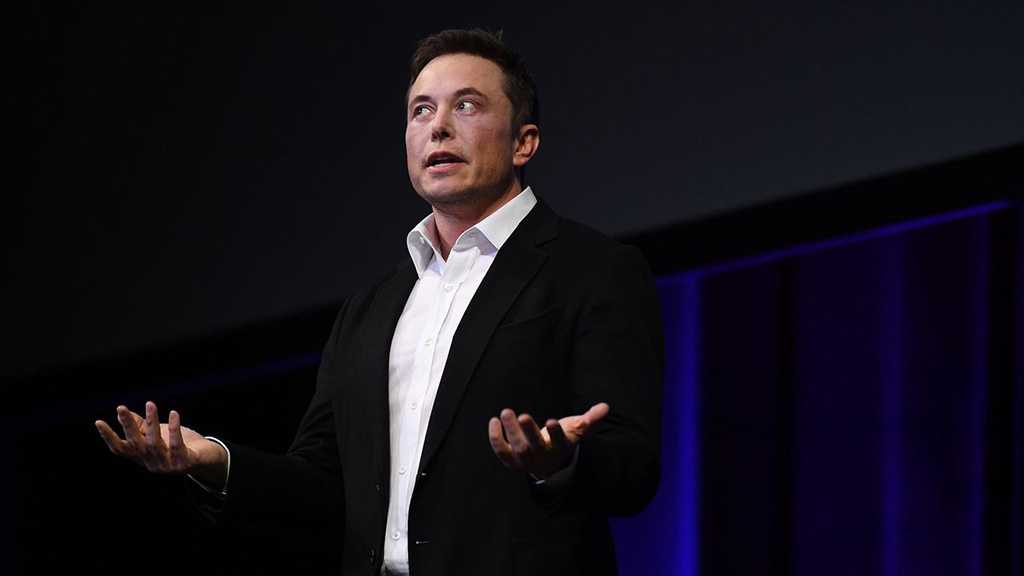By Arwa Mahdawi, The Guardian

The year is 2033. Elon Musk is no longer one of the richest people in the world, having hemorrhaged away his fortune trying to make Twitter profitable. Which, alas, hasn’t worked out too well: only 420 people are left on the platform. Everyone else was banned for not laughing at Musk’s increasingly desperate jokes.
Still, it’s not all doom and gloom for the car salesman and space cadet. Musk did lobby Congress to pass the landmark Protect Our Precious Billionaires Act, which turns high-net-worth individuals into a protected class. Anyone who makes fun of someone with more money than them is rounded up and thrown into a pauper’s prison by the Monetary Morality Police.
In other news, Pete Davidson is now dating Martha Stewart. Fast and the Furious 78 has just hit the box offices. A 90-year-old Donald Trump is threatening to run in the 2036 elections. And British tabloids are still churning out 100 articles a day about whether Meghan Markle eating lunch is an outrageous snub to the royal family.
Obviously, I have no idea what the world is going to look like in a decade. But here’s one prediction I feel very confident making: without a free and fearless press the future will be bleak. Without independent journalism, democracy is doomed. Without journalists who hold power to account, the future will be entirely shaped by the whims and wants of the 1%.
A lot of the 1% are not big fans of the Guardian, by the way. Donald Trump once praised a Montana congressman who physically assaulted a Guardian reporter. Musk, meanwhile, has described the Guardian as “the most insufferable newspaper on planet Earth”. I’m not sure there is any greater compliment.
Do I agree with everything that is published in the Guardian? Obviously not. It would be a bit weird if I did. Do I think the Guardian is perfect? Obviously not. No institution is perfect. But I am firmly of the belief that there is nothing else like the Guardian. There is simply no other free-to-read liberal media news outlet that has the global reach of the Guardian. It is an essential resource in a world where, as has been frequently observed, truth is increasingly paywalled while the lies are free.
The lack of paywall, the commitment to free-access journalism, is a major reason why I am proud to write for the Guardian. I think it’s hard to meaningfully advocate for democratic values while simultaneously locking your content away behind a subscriber-only paywall. I admire the fact that the Guardian consistently applies its journalistic values to its business model. In 2020, for example, the Guardian became the first major global news organization to institute a ban on taking money from fossil fuel companies. I am proud of the fact that the Guardian does its best to walk the walk.
Unfortunately, ethics can be expensive and free speech costs a lot of money. Not having a paywall means that the Guardian has to regularly ask our readers to chip in. I know that times are tough right now and everyone is bombarded with requests for money at this time of year, but if you are able to, please do consider donating. Only with your help can we continue to get on Elon Musk’s nerves.

No comments:
Post a Comment